Developing Good Sportsmanship in Primary PE Lessons: Importance and Tips
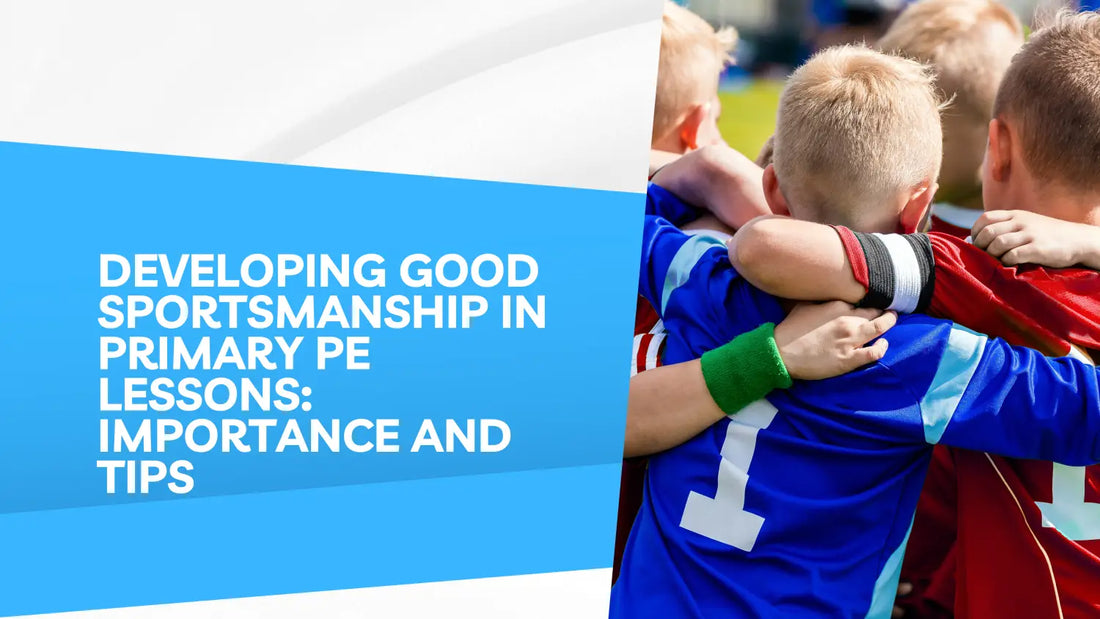
Developing Good Sportsmanship in Primary PE Lessons: Importance and Tips
Good sportsmanship is a crucial life skill that should be nurtured from a young age, particularly during the primary school years. It goes beyond the realm of sports and plays a significant role in developing the whole child. In this blog post, as primary PE specialists, we will explore the importance of good sportsmanship in PE lessons and provide practical tips for incorporating it effectively. Join us as we delve into primary PE, lesson planning, and valuable PE resources.
The Importance of Good Sportsmanship. Introducing Good Sportsmanship in Primary PE
- Highlighting the National Curriculum's emphasis on character development and values such as fairness and respect.
- Explaining how PE provides an ideal platform to introduce and cultivate ethics like fair play, integrity, and respect for others.
- Emphasising the broader impact of good sportsmanship on the child's overall development.
The Benefits of Good Sportsmanship:
- Developing empathy through understanding and appreciating the efforts of others.
- Fostering appreciation and respect for teammates, opponents, and officials.
- Instilling discipline by following rules, facing the consequences, and obeying instructions.
- Cultivating healthy competition by teaching children to win and lose gracefully.
- Building character traits such as honesty, self-control, teamwork, and resilience.
Teaching Good Sportsmanship in PE Lessons. Tips for Encouraging Good Sportsmanship:
- Avoiding arguments and redirecting focus towards performance and learning objectives.
- Promoting respect for the opposition, regardless of the outcome.
- Emphasizing the importance of fair play and discouraging cheating or taking shortcuts.
- Encouraging children to be supportive teammates and praising their efforts.
- Balancing competition with a focus on skills and techniques and recognising individual progress.
Managing Emotions and Mental Well-being:
- Incorporating mental health and well-being resources alongside PE lessons to reinforce positive characteristics of good sportsmanship.
- Providing after-school or extra-curricular clubs for children seeking additional competition and skill development.
The Role of PE Planning and Resources. PE Planning Resources for for Good Sportsmanship:
- Exploring PE planning resources that facilitate the integration of good sportsmanship in lessons.
- Highlighting the importance of well-structured and sequential lessons that promote skill development and inclusivity.
- Introducing Primary PE Specialists' lesson plans and schemes of work designed to foster good sportsmanship.
In conclusion
Instilling good sportsmanship in primary PE lessons is paramount for both the quality of PE education and children's overall growth. By incorporating tips and strategies for teaching good sportsmanship, educators can enhance students' enjoyment, fulfilment, and long-term engagement in physical activity. Good sportsmanship nurtures valuable characteristics that will benefit children throughout their lives.
Join us at Primary PE Specialists and explore our free membership and affordable subscription packages to access a wealth of PE planning resources that promote good sportsmanship. Let's shape the future generation with strong character and a love for physical education.
No comments



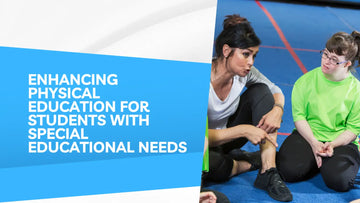
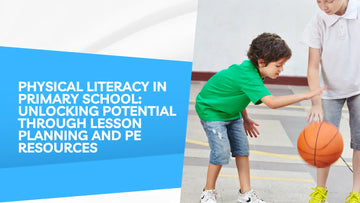
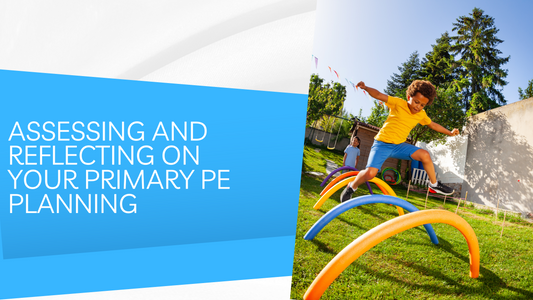
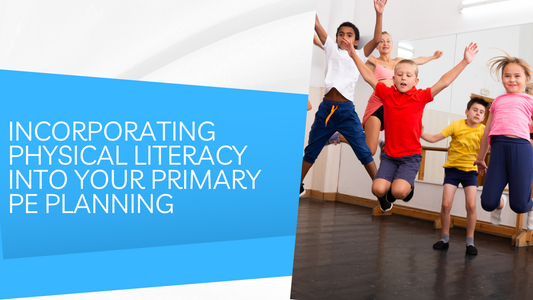
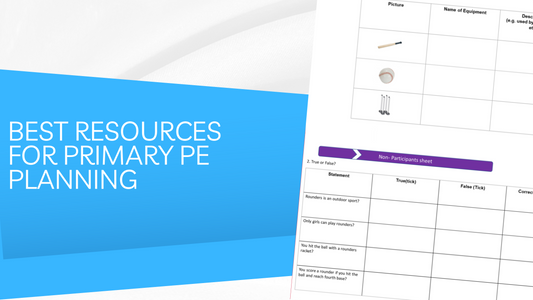
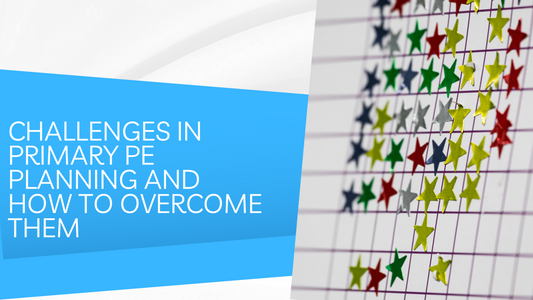
comments